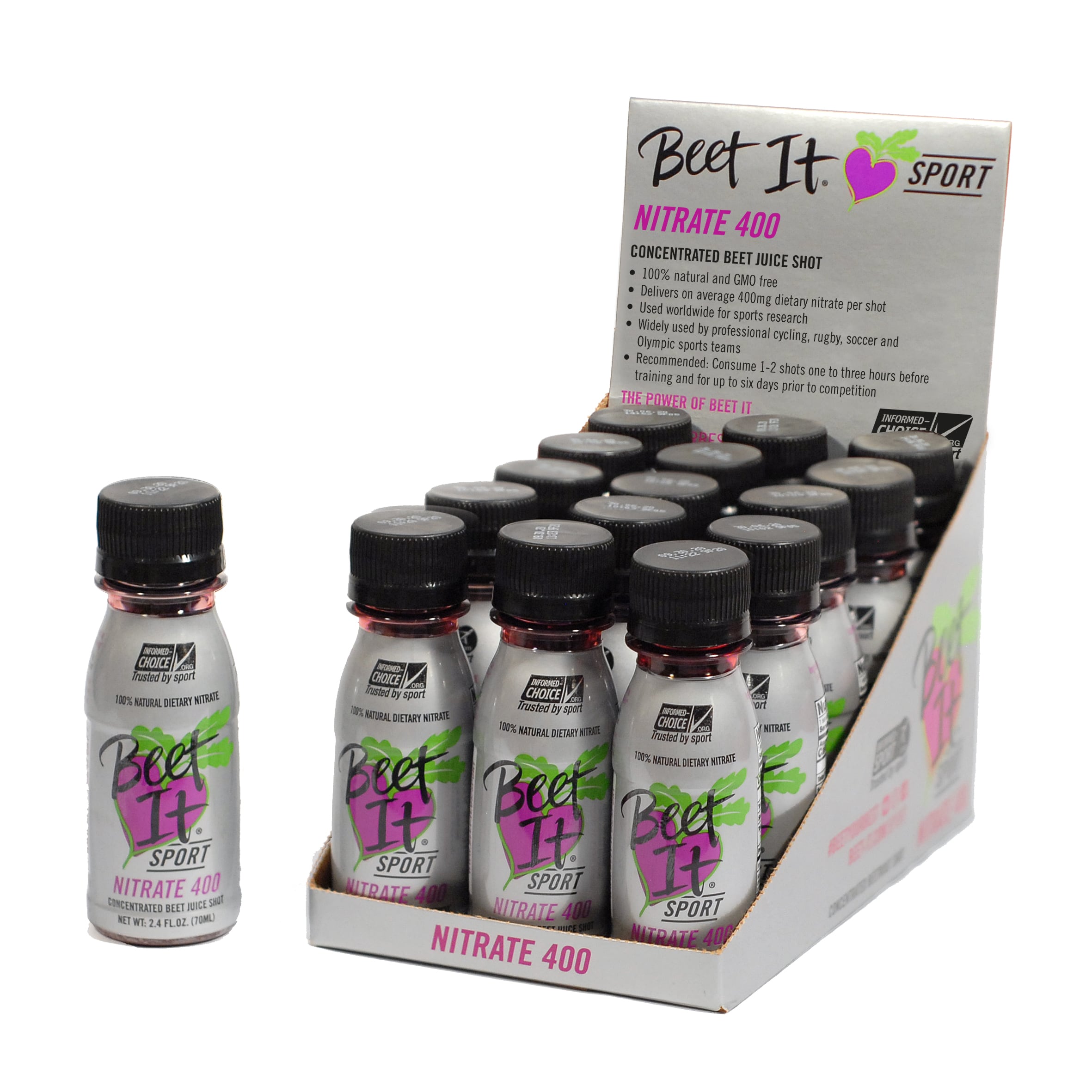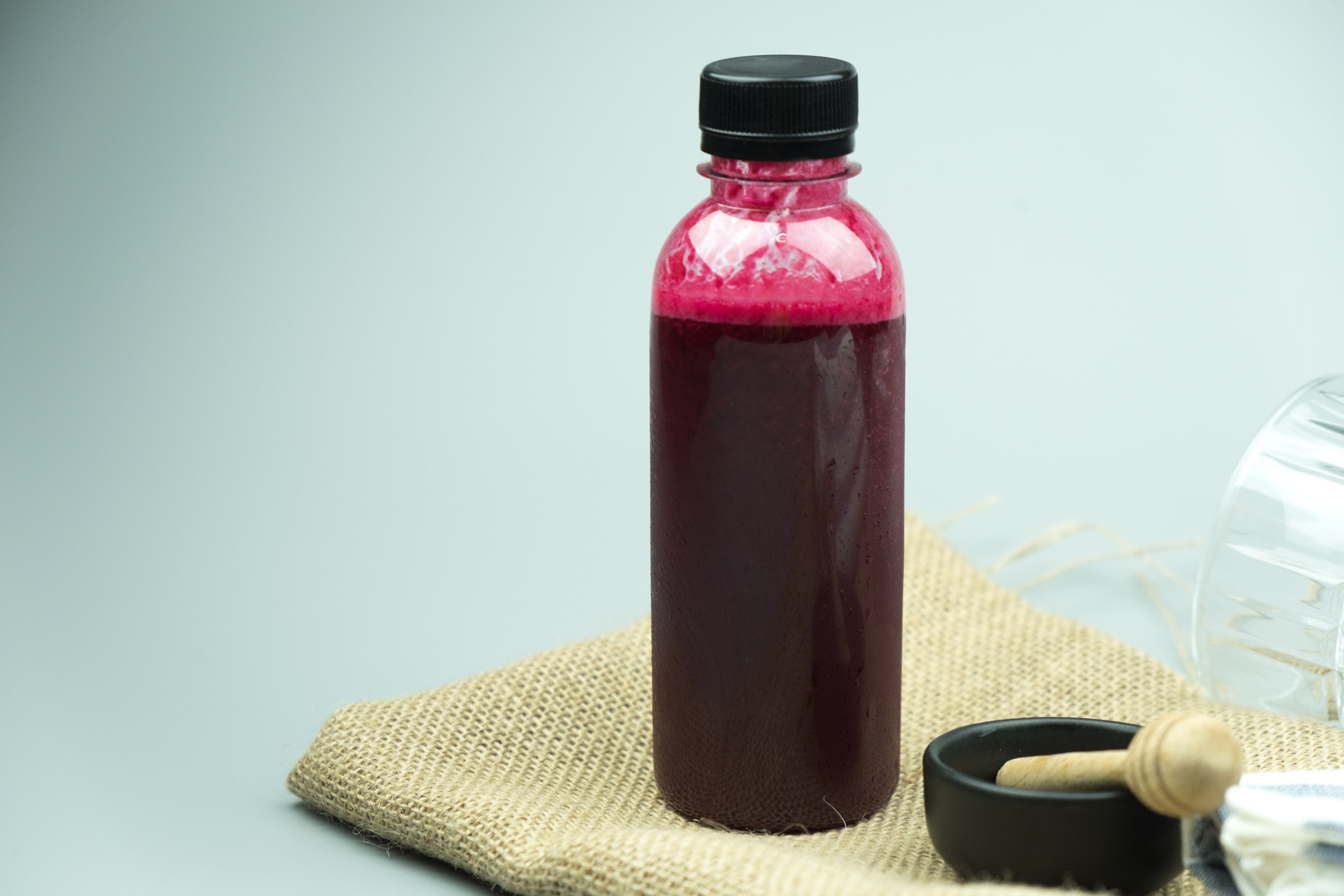“Beetroot juice could increase performance in concurrent sessions, either by improving the number of repetitions performed in resistance exercises or reducing the 4-km running time,” the team of sports science and anti-doping researchers from Brazil and Spain hypothesized.
Published in the International Journal of Exercise Science, the research was supported by the Brazilian Council for Research Development (CNPq) and financed in part by the Coordenação de Aperfeiçoamento de Pessoal de Nível Superior - Brasil (CAPES).
Study details
The randomized, double-blind placebo-controlled crossover study administered either 500 ml of beetroot juice or a placebo to 20 well-trained healthy young men in two concurrent training sessions with different intra-session exercise sequences.
The first group performed aerobic exercise followed by resistance exercise, while the second reversed the order, starting with the bench press, lat pull-down and shoulder press resistance exercises followed by a 4-km aerobic run.
In each concurrent training session, participants were randomized to a placebo, a beetroot juice or a control session (without any substance) for a total of six exercise sessions. The beetroot juice used was processed for pure juice extraction before each data collection, and the placebo consisted of açaí-flavored maltodextrin with 20 ml of beetroot juice for flavor, consistency and color.
“Different from the previous studies, which describe that beetroot juice should be ingested between 2 and 2.5 h before the exercise due to the time of conversion of nitrate to nitric oxide (NO), we used a pre-workout beetroot juice intake time,” the study authors explained. Test beverages were administered one hour before training.
Participants reported the rate of perceived exertion (RPE) at the end of each exercise in each session, and blood samples were collected before and 60 minutes after ingestion of either placebo or beetroot juice.
Findings
Time to complete the 4 km distance was significantly shorter after ingesting beetroot juice compared to placebo and control, regardless of the intra-session exercise sequence. However, no differences were identified in the total number of repetitions in resistance exercises and the rate of perceived exertion.
“To our knowledge, no studies have investigated the effect of beetroot juice on the performance of aerobic and strength exercises performed in the same session,” the study authors stated.
“Our results can help coaches and practitioners on the acute effect of beetroot juice related to performance enhancement or health-related training.”
As substantiated by other studies in this area, they attribute the ergogenic effects to the body’s conversion of the nitrate present in the beetroot juice to a significant increase in the concentration of nitric oxide (NO) found in the plasma samples collected. Once synthesized, NO improves blood perfusion, reduces the oxygen consumption cost, improves muscle recovery, and therefore physical performance.
The study calls for further research to control for diet and psycho-emotional variables in this training model, as well to establish a concrete position on the ergogenic effects of beetroot juice on muscle strength performance.
Source: International Journal of Exercise Science 15(2): 1075-1085, 2022
“The Acute Effect of In Natura Beetroot Juice Intake on Intra-Session Exercise Sequences During Concurrent Training”
Authors: Diego Brita de Souza et al.




